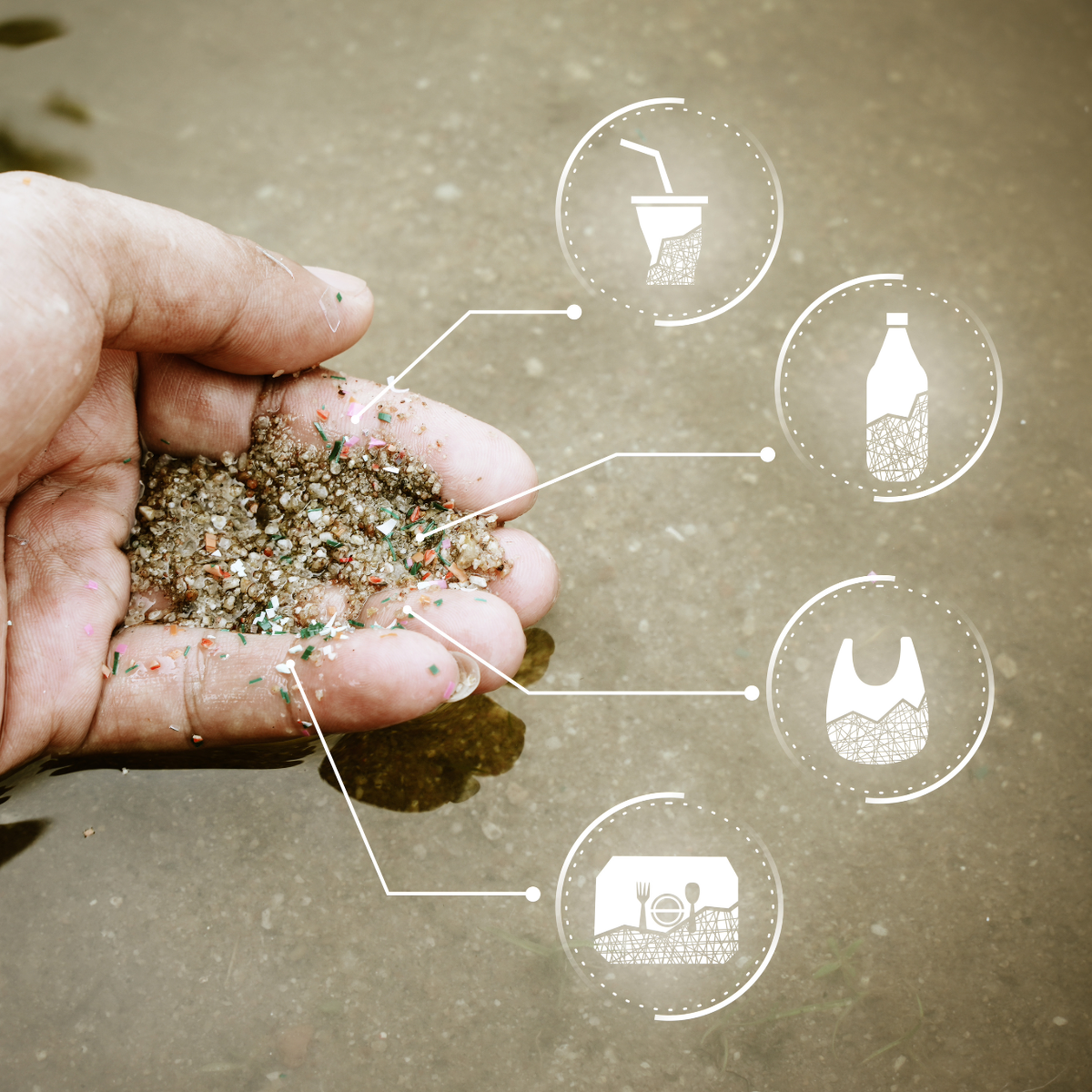Use & Value
Applying the Fifth Permaculture Principle in the PNW
In the lush and diverse landscape of the Pacific Northwest (PNW), where rainforests meet the sea and mountains, gardening enthusiasts find themselves in a prime environment for exploring permaculture principles. Among these principles, the fifth principle states: "Use & Value Renewable Resources & Services."
Permaculture, a design system that mimics natural ecosystems, encourages us to work with, rather than against, nature. The fifth principle emphasizes the utilization of renewable resources and services abundantly provided by the natural world. In the PNW, where biodiversity thrives and ecosystems flourish, harnessing these resources can lead to resilient and sustainable gardening practices.
One practical application of this principle in PNW gardens is through the method of sheet mulching. Sheet mulching is a technique used to suppress weeds and build healthy soil by layering organic materials on the ground. When implementing sheet mulching, it's crucial to choose materials that align with the principles of sustainability and regeneration.
Consider the choice between cardboard, black plastic, and landscape fabric for sheet mulching. While these materials effectively suppress weeds, their long-term impacts diverge significantly. Cardboard, with tape and labels removed, is a biodegradable material that gradually breaks down over time, enriching the soil as it decomposes. As it breaks down, it becomes a food source for beneficial microbes, contributing to the overall health of the soil ecosystem.
On the other hand, black plastic and landscape fabrics are derived from petroleum, presenting a different scenario. While they initially suppress weeds, it does not contribute to soil health. After a season or two the weeds WILL penetrate the barrier and then control requires much more effort each subsequent year. Additionally, they degrade under sunlight, leaving harmful microplastics in the soil—a far cry from the regenerative approach of permaculture.
To truly embody the spirit of the fifth principle in PNW gardening, we must look beyond conventional materials and explore the abundance of renewable resources available to us. One innovative solution lies in growing our own mulch. Lemongrass, a versatile and resilient plant, offers a myriad of benefits beyond its culinary uses.
Lemongrass, with its aromatic leaves and stalks, can be cultivated as a natural mulch source in PNW gardens. By planting lemongrass as a border plant or intercropped within garden beds, gardeners can harvest its foliage for use as mulch while simultaneously enjoying its medicinal properties and culinary delights. This multi-functional approach exemplifies the essence of permaculture—using and valuing renewable resources in a holistic manner.
The fifth permaculture principle serves as a guiding philosophy for sustainable gardening practices in the Pacific Northwest. By embracing renewable resources and services provided by nature, PNW gardeners can cultivate thriving ecosystems that not only sustain but regenerate the land over time. Through practices such as sheet mulching and cultivating plants like lemongrass, we can work in harmony with nature to create abundant and resilient gardens that reflect the richness of the PNW biome.




